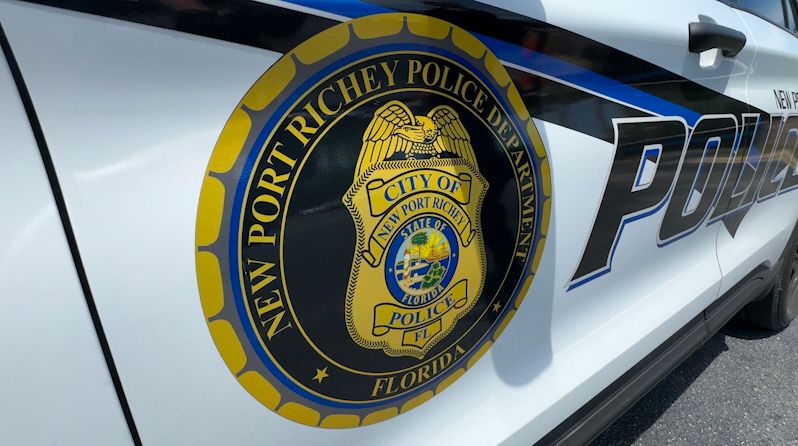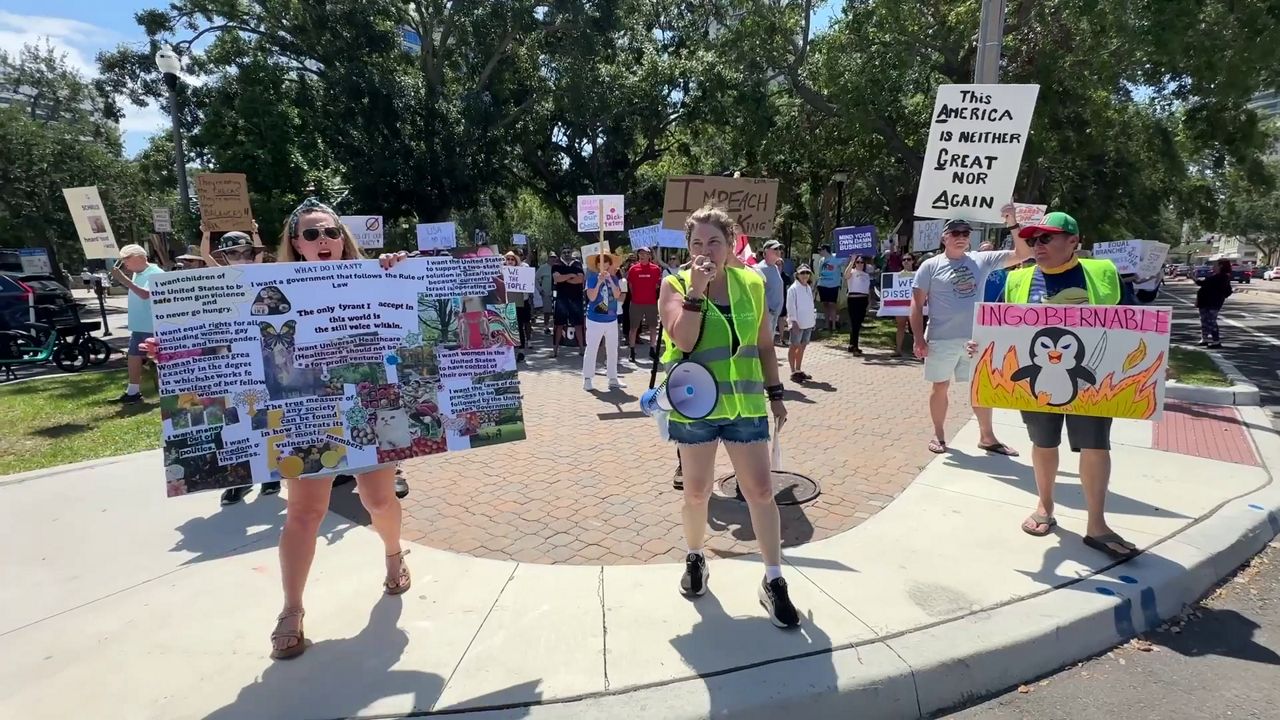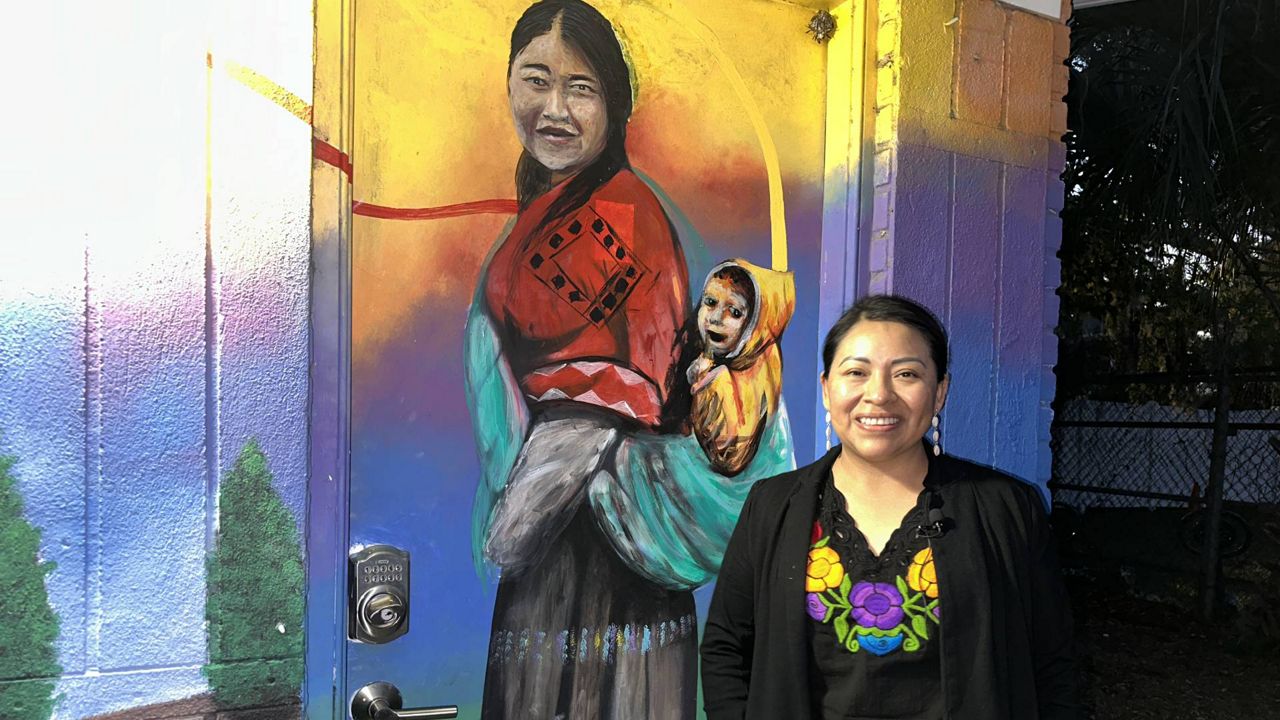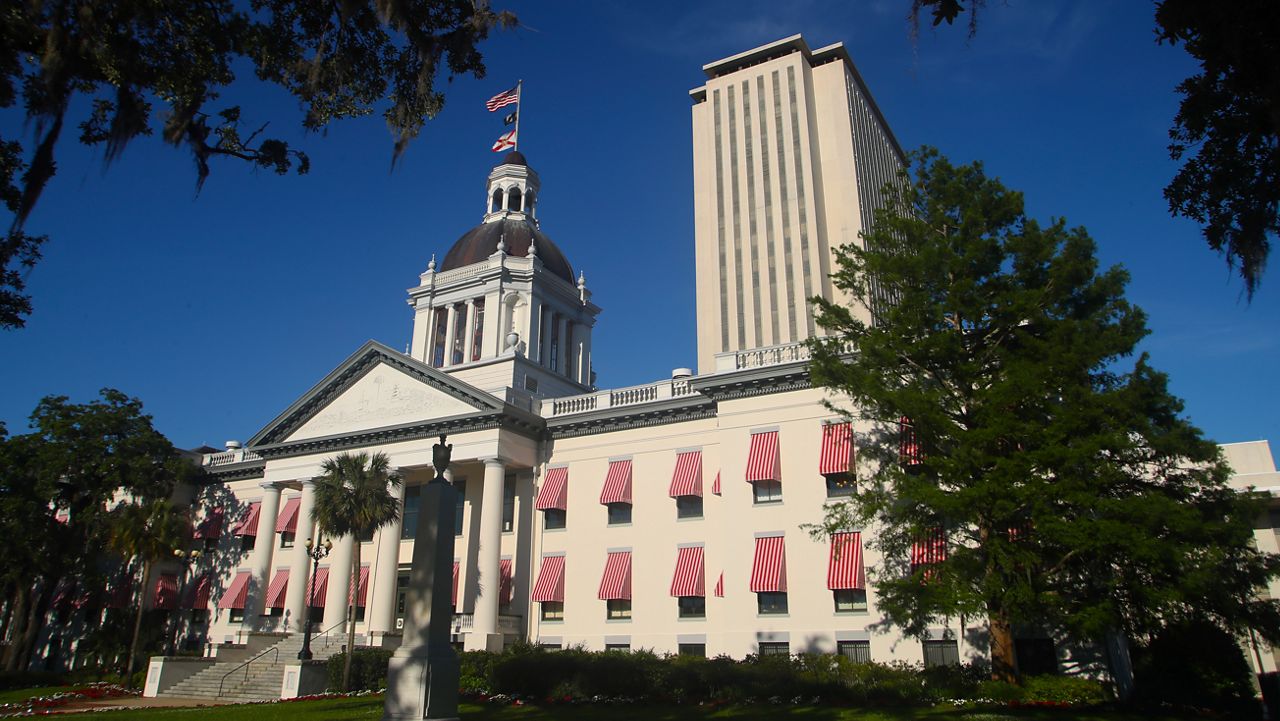Warren Dawson has long been considered one of the most iconic Black attorneys in the Tampa Bay area.
Now 82, the longtime civil rights lawyer is reflecting on his life and career starting from his humbled upbringings in Polk County in his recently published memoir, Warren Hope Dawson: The Journey of An African Legal Eagle.
What You Need To Know
- In 1974, Dawson became the lead counsel for the plaintiffs in Manning vs. the School Board of Hillsborough County, where he was responsible for monitoring the desegregation orders handed down by the federal courts
- He led a coalition in 1990-91 that pushed for a desegregated Gasparilla parade. Instead, the parade’s sponsor canceled the party and refused to accede to the demand (Ye Mystic Krewe later in 1991 accepted its first Black members)
- In 2017, the Hillsborough School board voted to name an elementary school after him in Riverview
While Dawson attended Florida A&M on a choir scholarship, and later Howard University to get his law degree, he initially had no plans of pursuing a degree after graduating from high school. But he writes that life changed for him after being involved in a physical confrontation with an angry boss while working at the local phosphate company in Polk County.
“I worked essentially all summer before that incident happened,” he said. “And my ultimate reaction to that incident was 'Hmmm, I think I’ll go to college.'"
One thing that eluded him throughout his life was being elected to public office. Dawson writes in his book that he believes that he holds the record for being a candidate in more party run-off elections than anyone else in Florida history.
He came up short eight times overall, running five times for state House, once for state Senate, and in 1972 for Hillsborough County Judge.
Not that long after that race, a county judgeship in Hillsborough opened up, and Dawson applied for the seat. Gov. Reuben Askew ultimately appointed George Edgecomb, who earned the distinction of being first Black judge in Hillsborough County.
Dawson takes some credit for Edgecomb’s appointment, writing that he believes that it was his “bold decision” in 1972 to run for county judge that paved the way for Edgecomb’s appointment.
“That decision sent a clear message that Black people both desired and deserved representation in the local judiciary and that there were capable Black lawyers available to serve,” he writes in his memoir.
When Tampa hosted the Super Bowl in January 1991, Dawson led a local effort to seize the national attention on the Gasparilla Parade that was scheduled to take place the day before the big game, and be aired on ABC’s Wide World of Sports.
At the time, the organizers of the parade — Ye Mystic Krewe — consisted exclusively of white men. When Dawson and others pressed for the Krewe to integrate, they resisted, ultimately opting to cancel Gasparilla that year rather than allow Blacks to participate.
“The power structure of the city in that regard came into the notion of diversity kicking and screaming,” he said. “Now the Krewes have women and Blacks and so forth.”
The Krewe ultimately began letting in some Black members later in 1991.
Most notably, Dawson helped lead the effort to desegregate Hillsborough County’s public schools. In 1974 he became the lead counsel for the plaintiffs in Manning vs. the Hillsborough County School Board, where he was responsible for monitoring the desegregation order handed down by the federal courts.
For nearly all of the 27 years he worked on the case he wasn’t financially compensated.
But he said that his ultimate compensation was when the Hillsborough County School District named a new elementary school in Riverview after him in 2017.
“It’s very emotional, and it makes me very happy,” he said during a recent visit to the campus.










